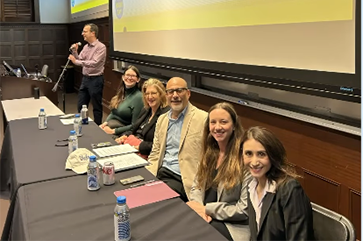 https://www.college.ucla.edu/wp-content/uploads/2025/07/revisiting-bruin-day-2025.png
241
363
Alvaro Castillo
https://www.college.ucla.edu/wp-content/uploads/2019/07/Uxd_Blk_College-e1557344896161.png
Alvaro Castillo2025-06-25 15:11:012025-07-03 15:12:14Revisiting Bruin Day 2025
https://www.college.ucla.edu/wp-content/uploads/2025/07/revisiting-bruin-day-2025.png
241
363
Alvaro Castillo
https://www.college.ucla.edu/wp-content/uploads/2019/07/Uxd_Blk_College-e1557344896161.png
Alvaro Castillo2025-06-25 15:11:012025-07-03 15:12:14Revisiting Bruin Day 2025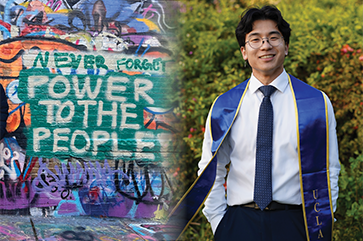 https://www.college.ucla.edu/wp-content/uploads/2025/05/SS_NewsroomRyanHorioImage_-363-241.png
241
363
Alvaro Castillo
https://www.college.ucla.edu/wp-content/uploads/2019/07/Uxd_Blk_College-e1557344896161.png
Alvaro Castillo2025-05-19 14:01:052025-06-11 15:12:40Bridging ethnic studies, policy and public health, future physician-activist Ryan Horio seeks to shape a more equitable society
https://www.college.ucla.edu/wp-content/uploads/2025/05/SS_NewsroomRyanHorioImage_-363-241.png
241
363
Alvaro Castillo
https://www.college.ucla.edu/wp-content/uploads/2019/07/Uxd_Blk_College-e1557344896161.png
Alvaro Castillo2025-05-19 14:01:052025-06-11 15:12:40Bridging ethnic studies, policy and public health, future physician-activist Ryan Horio seeks to shape a more equitable society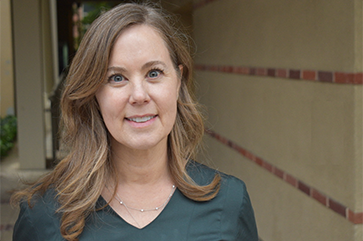 https://www.college.ucla.edu/wp-content/uploads/2025/05/HeatherDallas363-241.png
241
363
Alvaro Castillo
https://www.college.ucla.edu/wp-content/uploads/2019/07/Uxd_Blk_College-e1557344896161.png
Alvaro Castillo2025-05-16 13:54:592025-06-02 14:33:52UCLA’s Curtis Center receives grant from The Broad Foundation to expand K–12 math program
https://www.college.ucla.edu/wp-content/uploads/2025/05/HeatherDallas363-241.png
241
363
Alvaro Castillo
https://www.college.ucla.edu/wp-content/uploads/2019/07/Uxd_Blk_College-e1557344896161.png
Alvaro Castillo2025-05-16 13:54:592025-06-02 14:33:52UCLA’s Curtis Center receives grant from The Broad Foundation to expand K–12 math program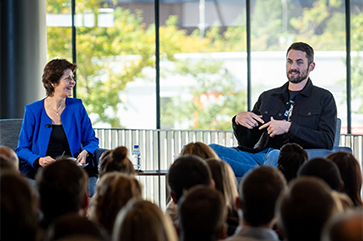 https://www.college.ucla.edu/wp-content/uploads/2025/05/Craske-Love-363-241-PF-EA.png
241
363
Alvaro Castillo
https://www.college.ucla.edu/wp-content/uploads/2019/07/Uxd_Blk_College-e1557344896161.png
Alvaro Castillo2025-05-07 10:47:562025-05-08 14:36:36Basketball pro Kevin Love funds endowed chair, a vital assist for mental health
https://www.college.ucla.edu/wp-content/uploads/2025/05/Craske-Love-363-241-PF-EA.png
241
363
Alvaro Castillo
https://www.college.ucla.edu/wp-content/uploads/2019/07/Uxd_Blk_College-e1557344896161.png
Alvaro Castillo2025-05-07 10:47:562025-05-08 14:36:36Basketball pro Kevin Love funds endowed chair, a vital assist for mental health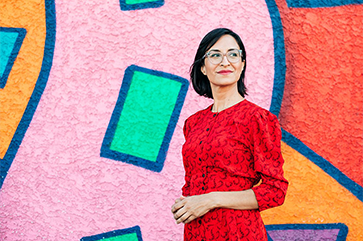 https://www.college.ucla.edu/wp-content/uploads/2025/04/Carribean-Fragoza-portrait-by-Jose-Mandojana-363-241.png
241
363
Alvaro Castillo
https://www.college.ucla.edu/wp-content/uploads/2019/07/Uxd_Blk_College-e1557344896161.png
Alvaro Castillo2025-04-14 11:36:522025-04-23 08:41:49Acclaimed writer Carribean Fragoza to speak at UCLA Humanities commencement
https://www.college.ucla.edu/wp-content/uploads/2025/04/Carribean-Fragoza-portrait-by-Jose-Mandojana-363-241.png
241
363
Alvaro Castillo
https://www.college.ucla.edu/wp-content/uploads/2019/07/Uxd_Blk_College-e1557344896161.png
Alvaro Castillo2025-04-14 11:36:522025-04-23 08:41:49Acclaimed writer Carribean Fragoza to speak at UCLA Humanities commencement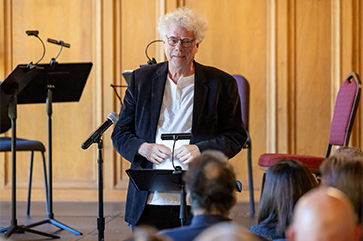
For 25 years, Bruce Whiteman has penned the captivating program notes for Chamber Music at the Clark
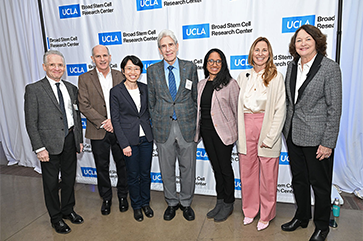 https://www.college.ucla.edu/wp-content/uploads/2025/03/Women-in-Stem-Cell-Science-Symposium-363-241.png
241
363
Alvaro Castillo
https://www.college.ucla.edu/wp-content/uploads/2019/07/Uxd_Blk_College-e1557344896161.png
Alvaro Castillo2025-03-13 09:45:542025-03-21 11:52:07UCLA Broad Stem Cell Research Center hosts inaugural Women in Stem Cell Science Symposium
https://www.college.ucla.edu/wp-content/uploads/2025/03/Women-in-Stem-Cell-Science-Symposium-363-241.png
241
363
Alvaro Castillo
https://www.college.ucla.edu/wp-content/uploads/2019/07/Uxd_Blk_College-e1557344896161.png
Alvaro Castillo2025-03-13 09:45:542025-03-21 11:52:07UCLA Broad Stem Cell Research Center hosts inaugural Women in Stem Cell Science Symposium https://www.college.ucla.edu/wp-content/uploads/2025/02/Mona-Lisa-gallery-Mika-Baumeister-363-241.png
241
363
Alvaro Castillo
https://www.college.ucla.edu/wp-content/uploads/2019/07/Uxd_Blk_College-e1557344896161.png
Alvaro Castillo2025-02-10 16:18:252025-02-25 09:31:40Mona Lisa beyond borders: Of hordes, theft and nationalism (and Leonardo in Westwood)
https://www.college.ucla.edu/wp-content/uploads/2025/02/Mona-Lisa-gallery-Mika-Baumeister-363-241.png
241
363
Alvaro Castillo
https://www.college.ucla.edu/wp-content/uploads/2019/07/Uxd_Blk_College-e1557344896161.png
Alvaro Castillo2025-02-10 16:18:252025-02-25 09:31:40Mona Lisa beyond borders: Of hordes, theft and nationalism (and Leonardo in Westwood)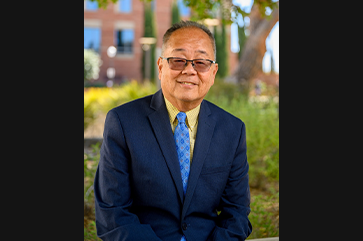
In Memoriam: Keith Terasaki
Remembering a visionary leader and compassionate humanitarian
UCLA…
 https://www.college.ucla.edu/wp-content/uploads/2025/01/PEDOT-film-363-241.png
241
363
Alvaro Castillo
https://www.college.ucla.edu/wp-content/uploads/2019/07/Uxd_Blk_College-e1557344896161.png
Alvaro Castillo2025-01-21 16:28:532025-01-22 09:33:45Research led by UCLA chemists demonstrates the potential of PEDOT nanofibers for supercapacitor applications
https://www.college.ucla.edu/wp-content/uploads/2025/01/PEDOT-film-363-241.png
241
363
Alvaro Castillo
https://www.college.ucla.edu/wp-content/uploads/2019/07/Uxd_Blk_College-e1557344896161.png
Alvaro Castillo2025-01-21 16:28:532025-01-22 09:33:45Research led by UCLA chemists demonstrates the potential of PEDOT nanofibers for supercapacitor applications
